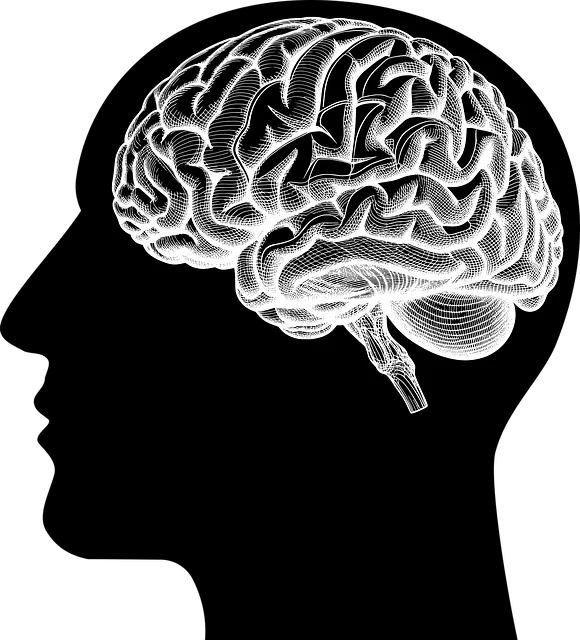Broomfield Kaiser Permanente Mental Health Center offers skill-based group sessions for enhanced mental wellness and community support. Through safe, inclusive spaces, facilitators encourage self-reflection, positive thinking, and belonging, reducing stigma and boosting confidence. The collaborative approach includes open communication, self-care practices, stress management, and mindfulness techniques. Regular risk assessments ensure safety, while engaging activities like icebreakers and crisis intervention guidance foster trust and resilience. Success is measured through diverse evaluations, tracking engagement, and retention rates, allowing facilitators to continually improve their techniques for evolving mental health needs.
Mental wellness group facilitation plays a vital role in supportive healthcare environments, such as the Broomfield Kaiser Permanente Mental Health Center. This article explores effective techniques for facilitating successful group sessions. From creating safe spaces to engaging participants and measuring impact, we delve into strategies proven to enhance well-being at this leading mental health center. Discover how these techniques foster meaningful connections and positive outcomes in a supportive group setting.
- Understanding the Role of Group Facilitation at Broomfield Kaiser Permanente Mental Health Center
- Techniques to Foster a Safe and Supportive Environment
- Engaging Participants: Strategies for Effective Group Sessions
- Measuring Success: Evaluating the Impact of Group Facilitation Programs
Understanding the Role of Group Facilitation at Broomfield Kaiser Permanente Mental Health Center

At Broomfield Kaiser Permanente Mental Health Center, group facilitation plays a pivotal role in enhancing mental wellness and fostering supportive communities. Here, skilled facilitators guide individuals navigating various challenges related to mental illness, creating safe spaces for open dialogue and shared experiences. Through structured yet flexible sessions, participants engage in activities that promote self-reflection, encourage positive thinking, and foster a sense of belonging.
The center’s approach prioritizes inclusive environments, aiming to reduce the stigma associated with mental illness while boosting participants’ confidence. By facilitating these group interactions, professionals at Broomfield Kaiser Permanente Mental Health Center empower individuals to support one another, providing valuable peer-to-peer learning opportunities. This collaborative process contributes significantly to improved mental health outcomes and enhanced overall well-being for all involved.
Techniques to Foster a Safe and Supportive Environment

Creating a safe and supportive environment is paramount when facilitating mental wellness groups at Broomfield Kaiser Permanente mental health center. This involves establishing clear boundaries, ensuring confidentiality, and promoting active listening. Group facilitators should encourage open communication from the start, fostering an atmosphere where participants feel comfortable sharing their experiences without fear of judgment or repercussions.
Additionally, integrating self-care practices into group sessions can help individuals develop coping mechanisms and build resilience. Providing resources for stress management, mindfulness techniques, and crisis intervention guidance equips members with valuable tools to navigate mental health challenges. Regular risk assessments for mental health professionals are also essential to identify potential risks within the group dynamic and ensure the safety of all participants.
Engaging Participants: Strategies for Effective Group Sessions

Engaging participants is a cornerstone of successful group facilitation at the Broomfield Kaiser Permanente mental health center. Starting with clear and inclusive communication sets the tone for an inviting environment, fostering open dialogue. Facilitators should employ strategies that encourage active participation, such as breaking ice with light-hearted activities or using anonymous question formats to create a safe space for vulnerable individuals.
Interactive exercises tailored to address burnout prevention and crisis intervention guidance can invigorate sessions. By integrating these techniques, facilitators not only enhance engagement but also indirectly support Mental Illness Stigma Reduction Efforts. Through active participation, members build resilience and strengthen coping mechanisms, ultimately benefiting their mental wellness journeys.
Measuring Success: Evaluating the Impact of Group Facilitation Programs

Measuring success is a vital component of any mental wellness group facilitation program, ensuring that efforts translate into tangible improvements in participants’ lives. At the Broomfield Kaiser Permanente mental health center, facilitators employ diverse evaluation methods to assess the impact of their groups. This may involve pre- and post-program surveys to gauge changes in symptoms, mood, and overall well-being. Additionally, qualitative feedback from participants through open-ended questions can reveal deeper shifts in perspectives and behaviors related to concepts like mindfulness meditation and positive thinking.
Over time, tracking participant engagement and retention rates provides insights into the program’s effectiveness in preventing burnout, a significant concern for many individuals navigating mental health challenges. By combining quantitative data with qualitative feedback, facilitators at Broomfield Kaiser Permanente can continuously refine their approach, ensuring that group facilitation techniques remain impactful and aligned with participants’ evolving needs.
Group facilitation plays a pivotal role in enhancing mental wellness at Broomfield Kaiser Permanente Mental Health Center. By creating safe and supportive environments, facilitators can engage participants effectively through diverse strategies. These techniques not only foster open communication but also measure success by evaluating the impact of programs, ensuring continuous improvement. Through this approach, the center strives to provide transformative experiences that resonate with individuals seeking mental health support.



